The 2024 Paris Olympics was one of the most controversial in history. From the ban on headscarves for French Olympic athletes to the expulsion of the homeless from the city center, swimmers competing in the polluted Seine River, and the wildly contentious opening ceremony, the world can’t stop talking about the seemingly strange choices made this year.
However, some say the most controversial event was the reenactment of Leonardo da Vinci’s Last Supper. Finally, the Vatican has spoken out about the incident, and its response is not exactly what people expected.
The Reenactment of the Last Supper at the Paris Olympics
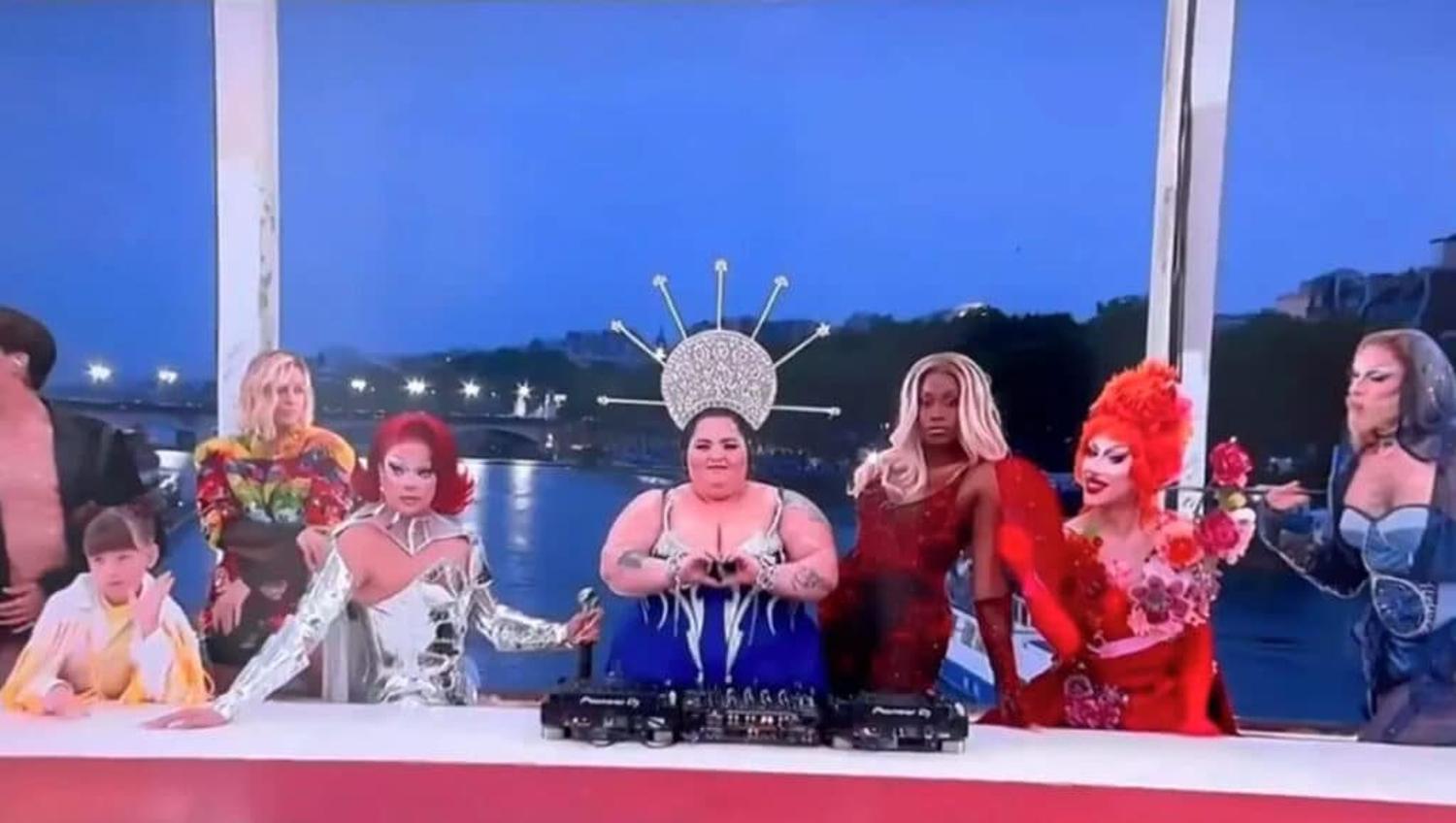
Those who didn’t see the reenactment of beloved artist Leonardo da Vinci’s painting of the Last Supper can watch it on YouTube now.
In the clip, as well as a few photos of the event, drag artists and transgender celebrities depict the twelve apostles and Jesus Christ, with a DJ mixing table instead of traditional food and wine.
Christians Were Wildly Upset by the Depiction of the Important Religious Event
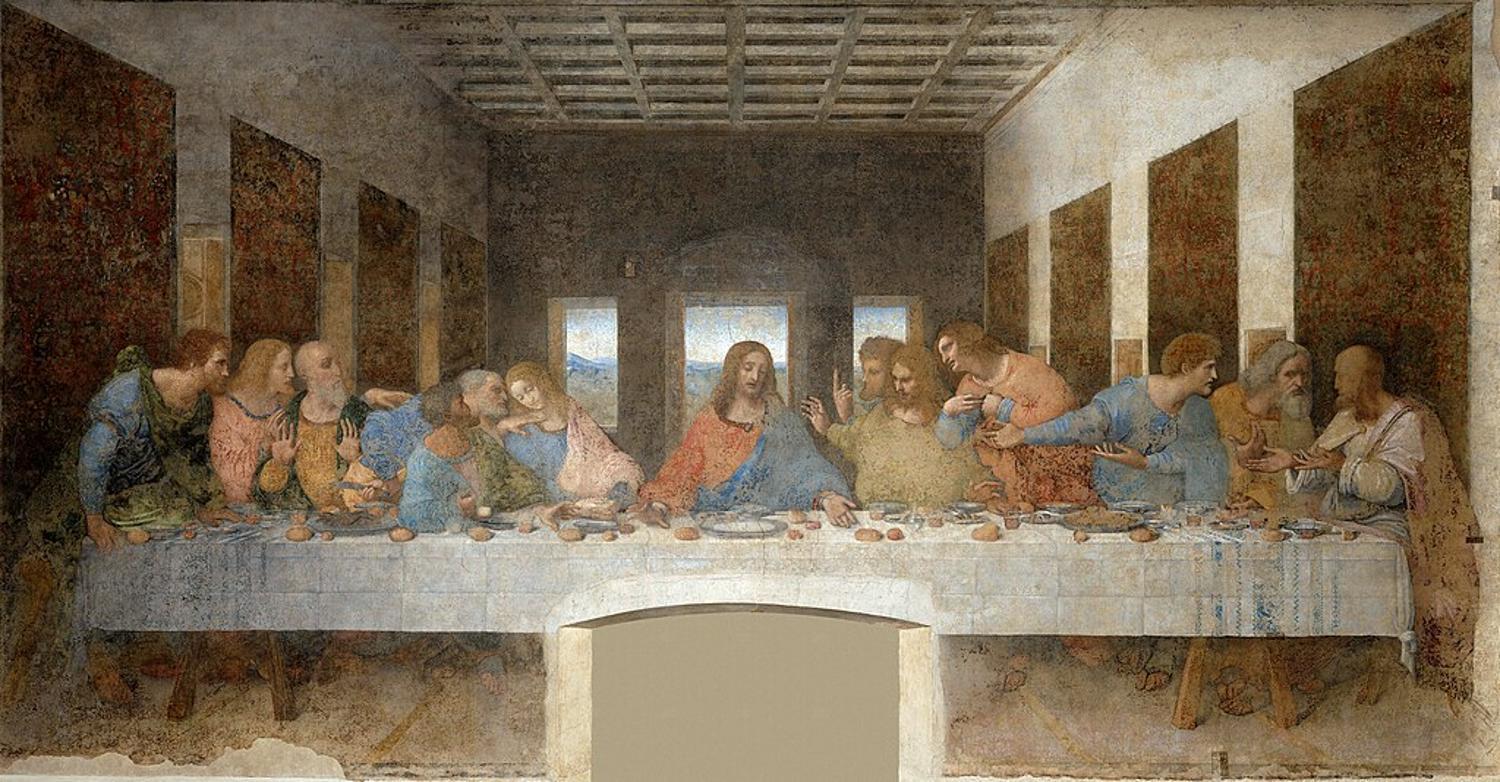
While some said that this reenactment was nothing more than a modern-day depiction of an important piece of art, others argued that it was unquestionably a sacrilegious parody of the Christian faith.
Leonardo da Vinci’s painting was, in fact, based on an event from the Christian Bible, noted in several books as an important night in the life of the Son of God, Jesus Christ. Therefore, it’s difficult to contradict the idea that the reenactment had nothing to do with Christianity.
Making a Mockery of Christianity
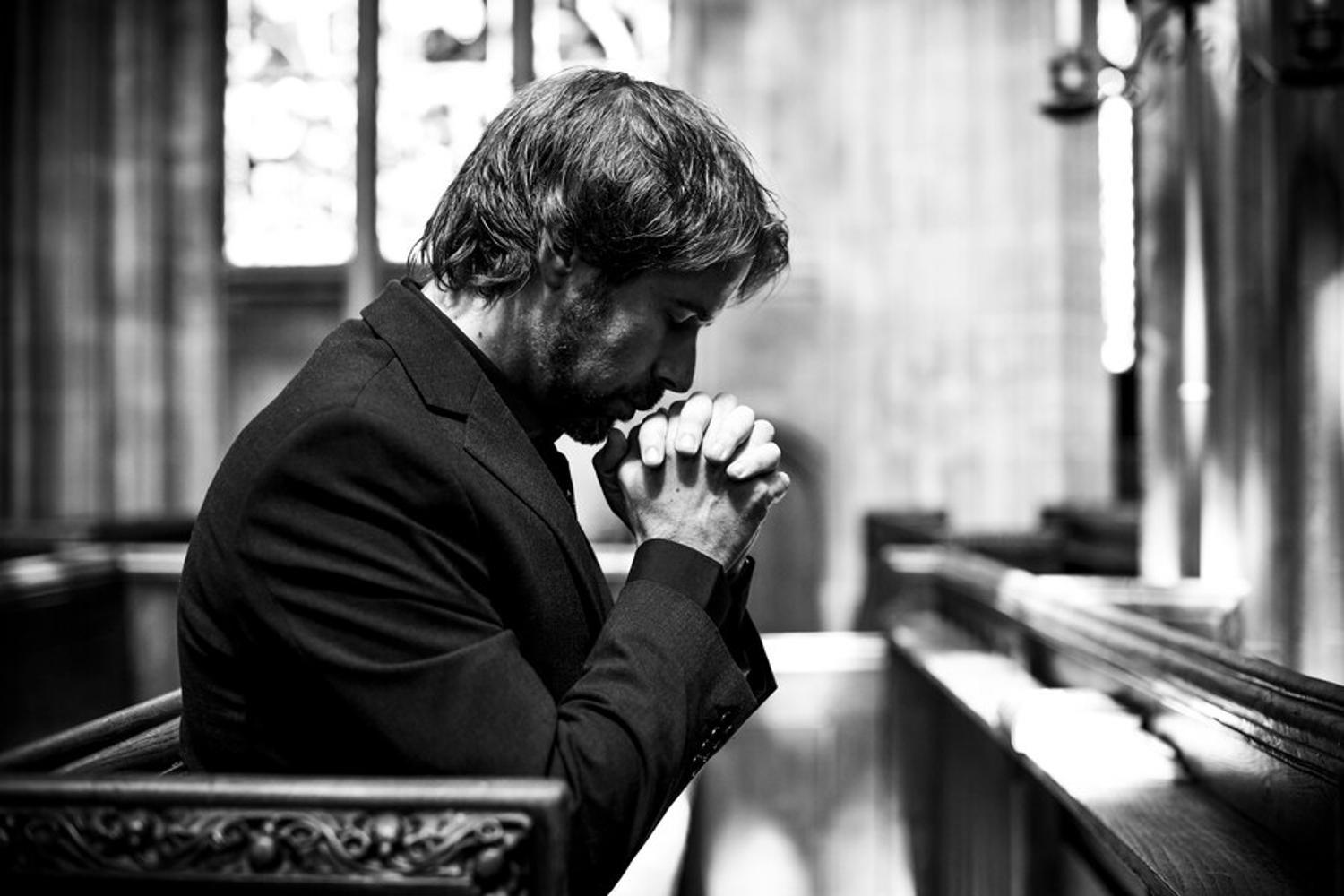
Millions of Christians were immediately offended by the reenactment, claiming that it felt like a mockery of their religious beliefs. According to the New York Post, several people took to the internet to express their frustrations.
One said, “There is so much art, culture and many famous people who have made France great. And yet, the Olympics decided to disrespect something sacred that has nothing to do with the Olympics? The blasphemy of the Last Supper is a hate crime against Jesus Christ and all Christians.”
Some Christians Even Boycotted the Olympics
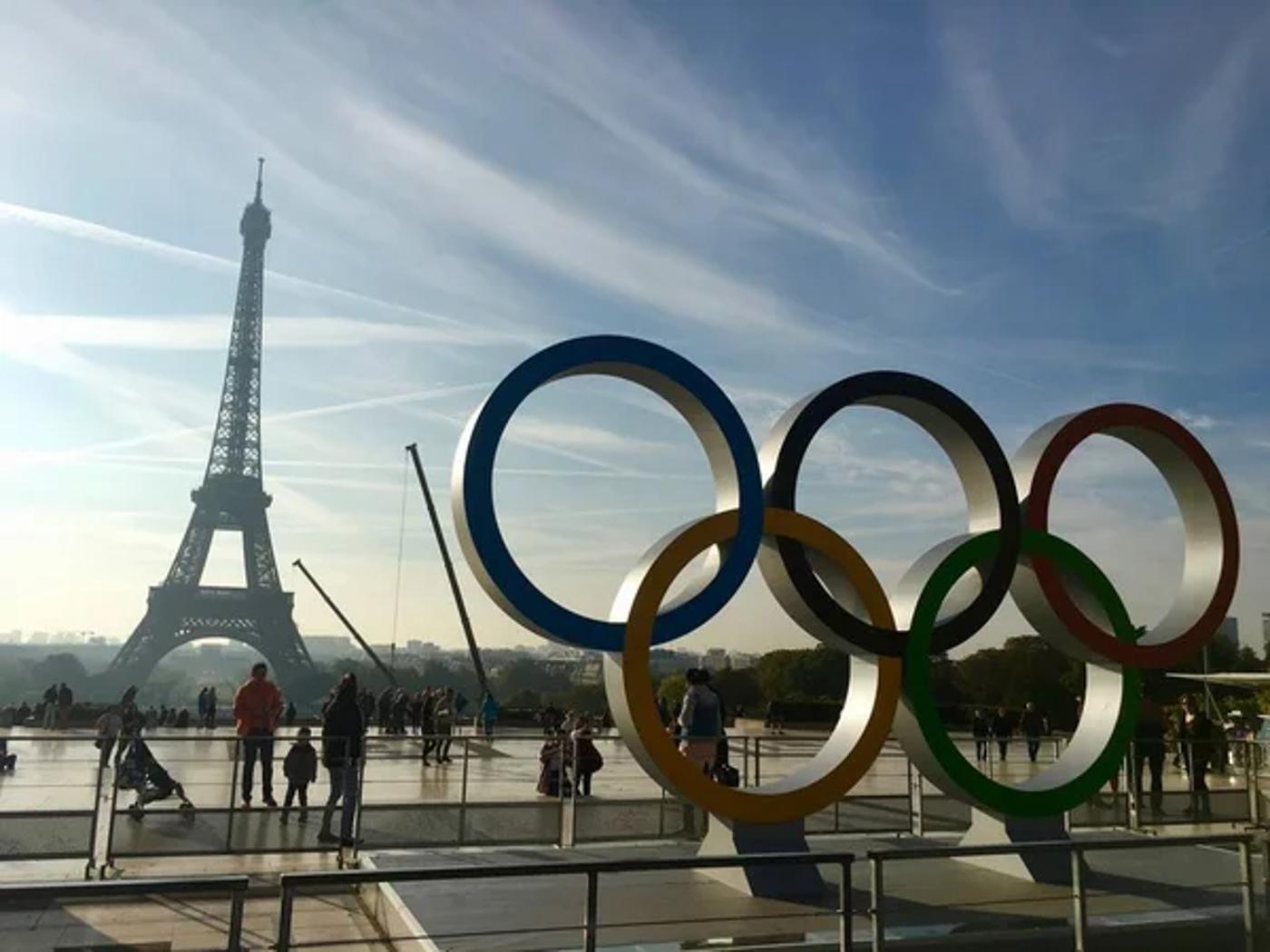
Another person commented, “The hatred shown in Paris by ridiculing the Last Supper should result in a boycott of all Olympic sponsors, its broadcasting agencies and of France in general.”
Yet another wrote, “The prevailing belief today is in shock value coupled with the almighty dollar. I, for one, will not watch the Olympic Games, and I encourage all Christians to similarly protest.” And millions of Christians around the world did, in fact, boycott the prestigious event.
What If a Similar Demonstration Had Been Made for a “Woke” Belief?

While many were upset by the clear disrespect for Christianity as a whole and Jesus specifically, others argued that this kind of mockery would have been considered wildly offensive if used to depict a woke symbol.
One person commented, “This acceptance would be completely rejected if it involved any sacred image of the left, such as the Pride flag.”
Donald Trump Also Commented on the Reenactment of the Last Supper
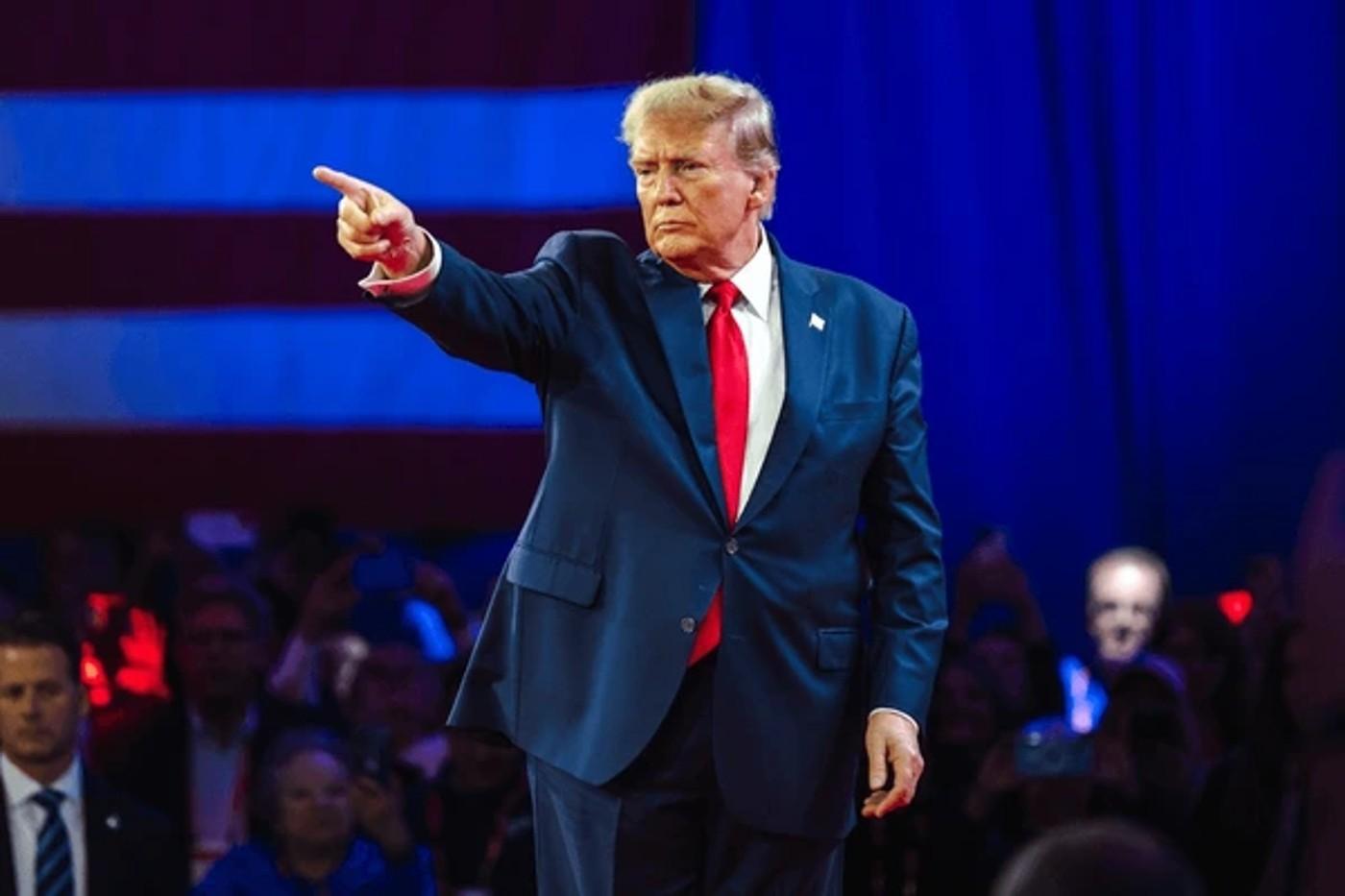
Famously Christian former president and candidate for the 2024 presidential election, Donald Trump, also spoke out against the reenactment.
When asked about the depiction of the Last Supper, Trump said, “Look, I’m for everybody. I’m very open-minded. You understand me. You know me better than most people know me. I’m very open-minded, but I thought what they did was a disgrace.”
What Did the Vatican Have to Say About the Controversial Last Supper?
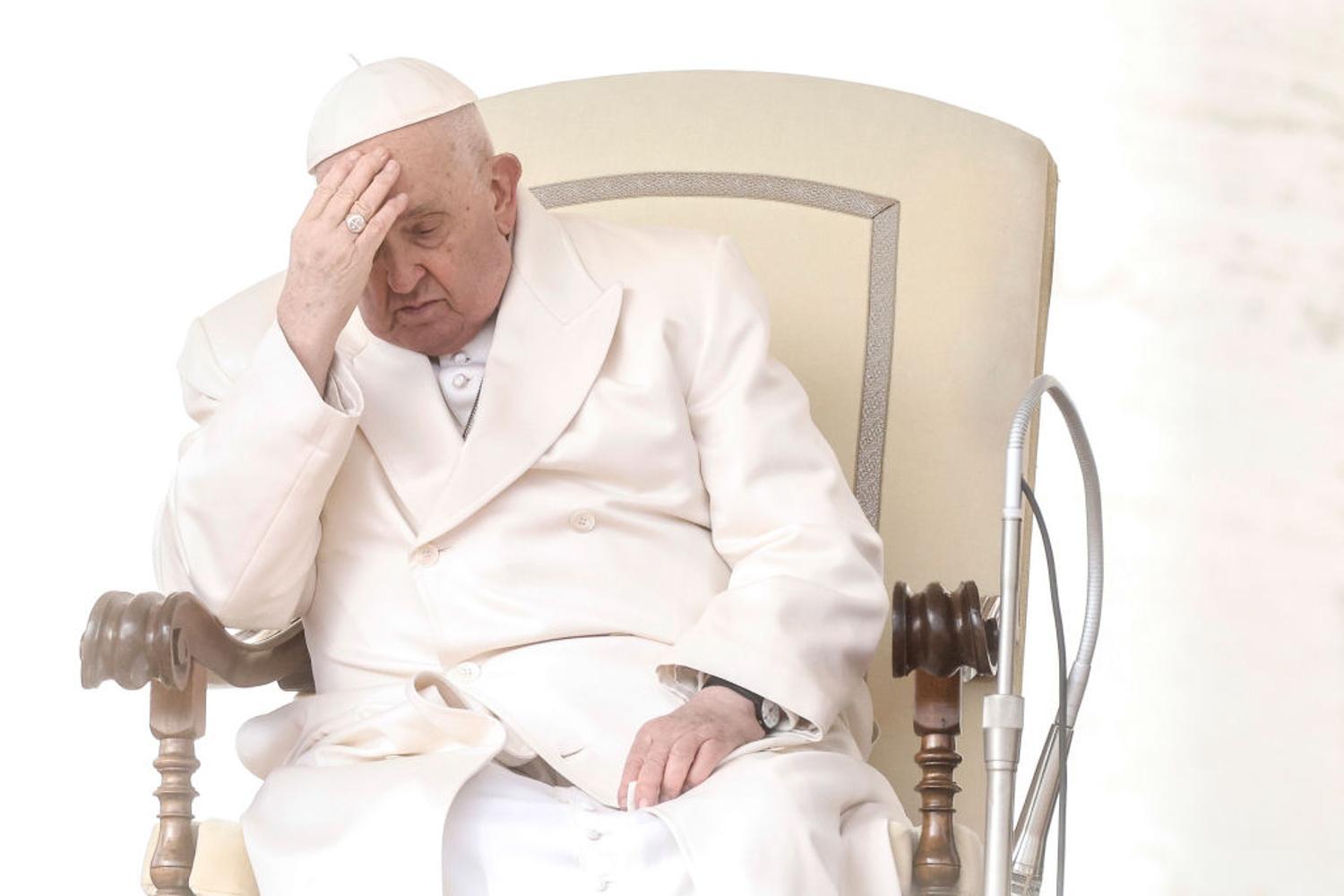
The extremely controversial reenactment took place on July 26, 2024, but it took more than two weeks before the Vatican made its official comment, and some people were surprised by the response.
The Vatican said, “The Holy See was saddened by certain scenes at the opening ceremony of the Paris Olympic Games and cannot but join the voices raised in recent days to deplore the offense done to many Christians and believers of other religions.”
This Is About More Than Just Christianity

One interesting aspect of the Vatican’s response to the controversy was that the reenactment was offensive to “believers of other religions,” as well as Christians. The Vatican stated, “At a prestigious event where the whole world comes together to share common values, there should be no allusions ridiculing the religious convictions of many people. The freedom of expression, which is clearly not called into question here, is limited by respect for others.”
Some say this simply isn’t true. However, many others agree that performing a religious moment as a so-called joke is disrespectful to believers of all faiths.
Paris Olympics Organizers Say They Never Intended to Disrespect Christianity

While the Vatican, Trump, millions of other Christians, and even people of other religions believe wholeheartedly the decision to perform the Last Supper was exceptionally offensive, the organizers of the Paris Olympics claim that was never their intention.
Though they technically apologized, the organizers simply said there was “never an intention to show disrespect to any religious group” but rather to “celebrate community tolerance.”
Drag Artist Speaks Out in Defense of the Last Supper Reenactment

Additionally, one of the performers, Hugo Bardin, who participated in the depiction of the Last Supper as his drag persona, Paloma, said they have no regrets about the ceremony.
Bardin explained, “We have been accused of trying to impose our vision on the world. We are not. … We just want to let people know that we have a place in the world, and we are claiming that place.”
Was the Reenactment of the Last Supper at the Olympics Offensive?
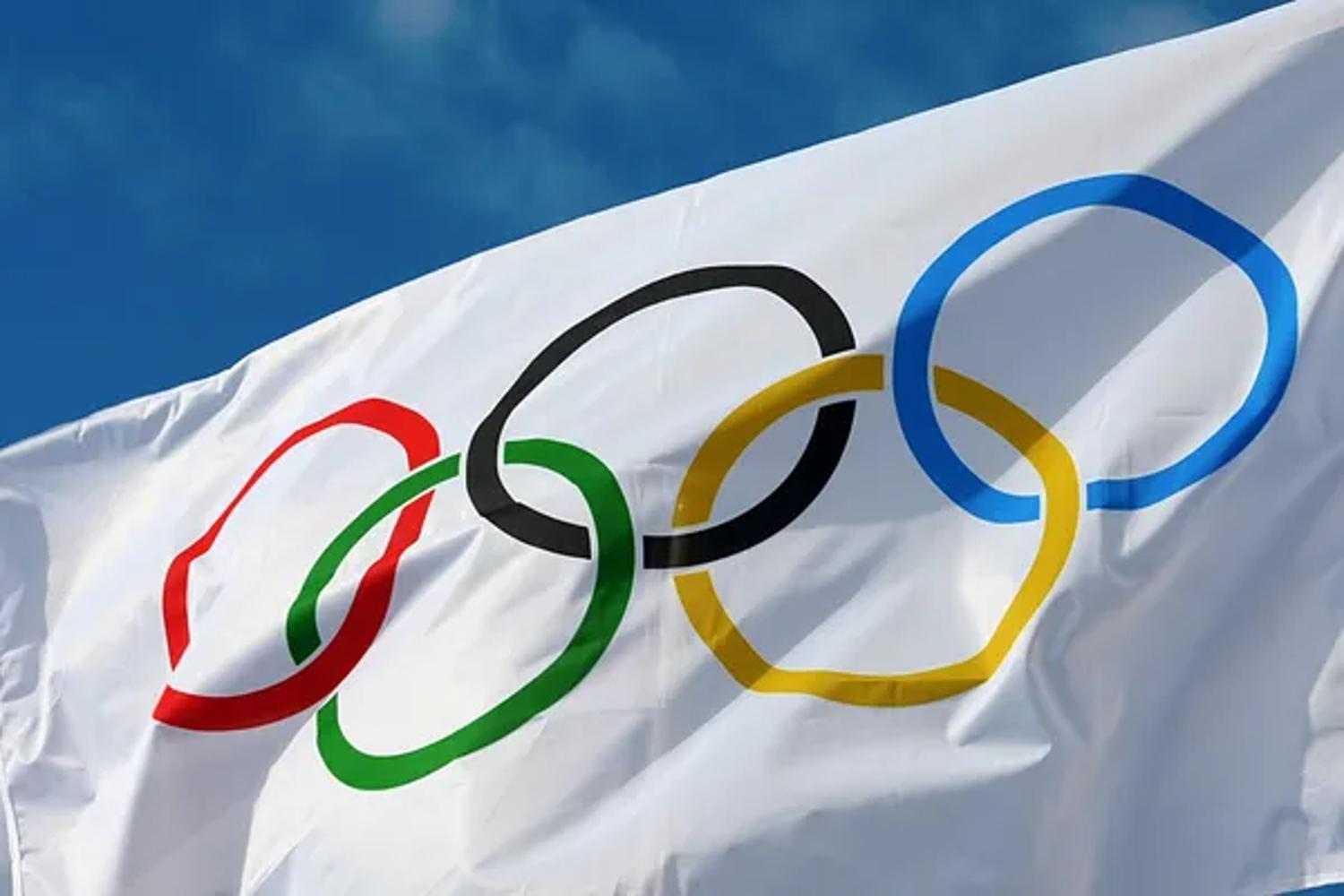
The answer to whether or not the reenactment of the Last Supper at the Paris Olympics was offensive is absolutely up for debate. While some say it most certainly mocked the Christian faith and religion in general, others argue it was nothing more than an artistic expression of a famous painting.
Still, some say that while it wasn’t technically offensive, a religious moment had no place at a secular event like the Olympics. No matter what you believe, after such substantial backlash, it’s highly unlikely that future Olympic organizers will be especially careful to leave religion out of the games.








































